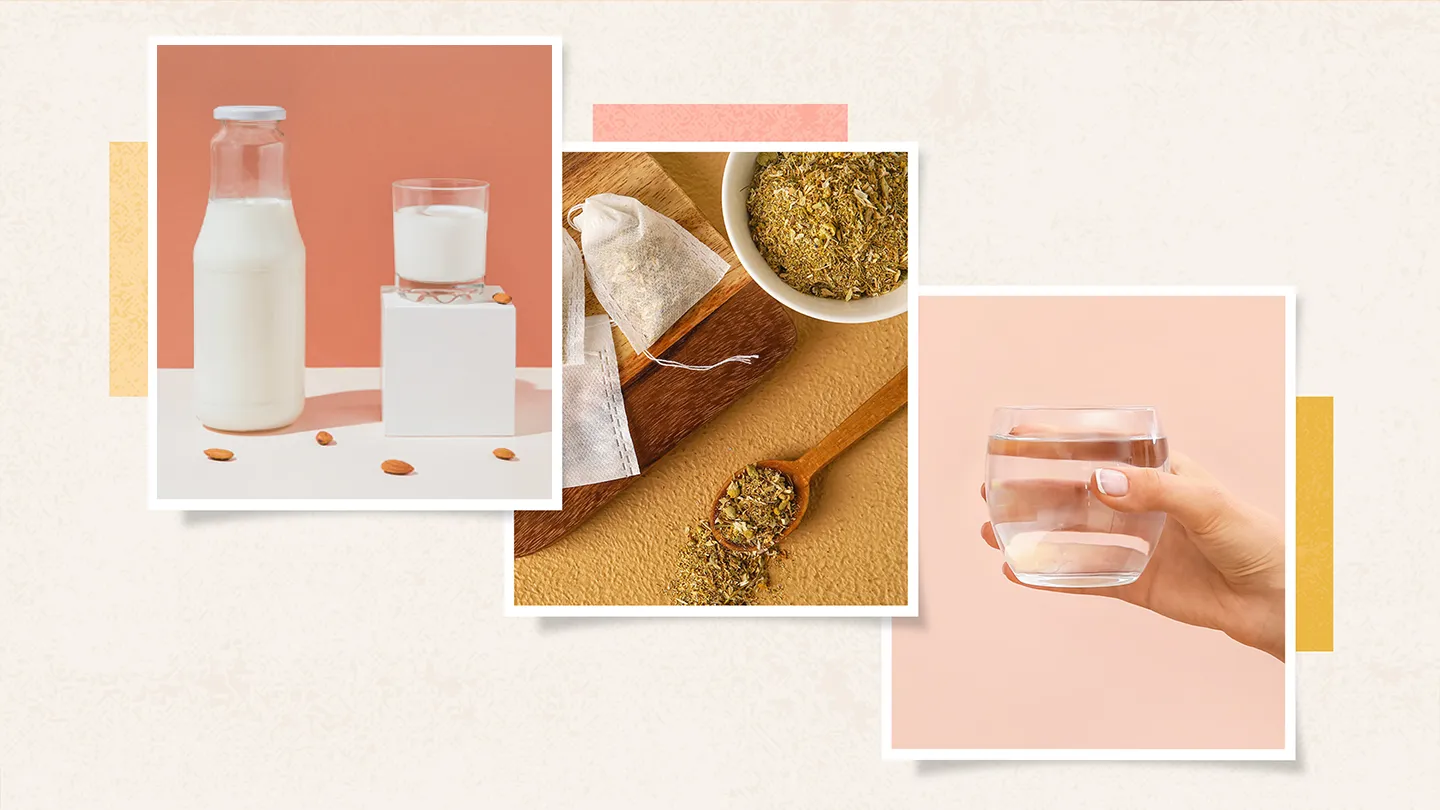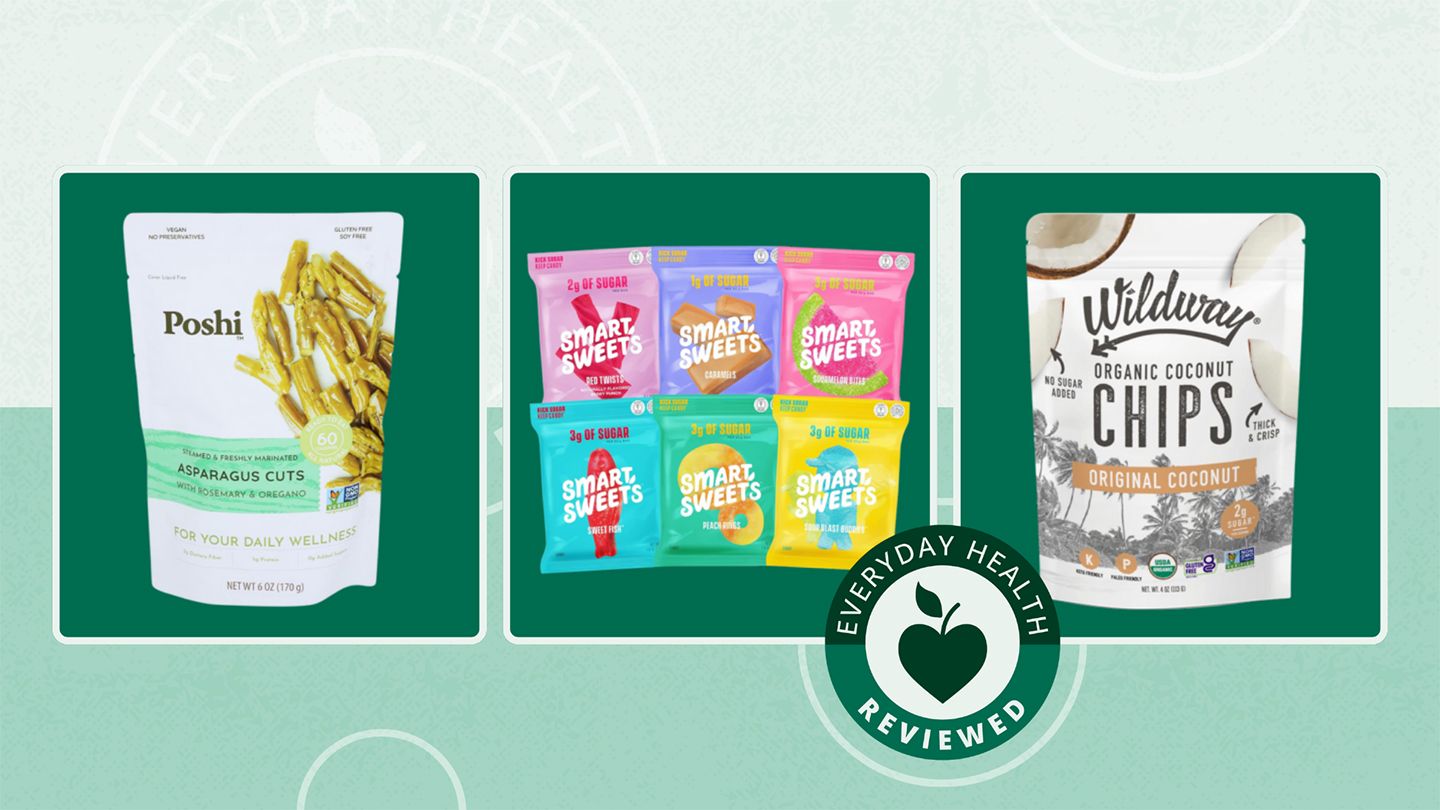Is Provolone Keto-Friendly?
The ketogenic diet involves restricting carbs to 25-50g net carbs per day in order to achieve a metabolic state called nutritional ketosis. In this state, your body switches from burning glucose as its main fuel source to burning fat instead. This forces the body to become efficient at using fat stores and dietary fat for energy, leading to health benefits like weight loss, blood sugar stabilization, and improved mental clarity.
On most ketogenic plans, people can eat liberal amounts of proteins and high fat foods like meats, eggs, oils, butter and hard cheeses. But with some dairy products like provolone, it gets a bit more nuanced in terms of how keto-friendly they truly are.
What is Provolone Cheese?
Provolone is an aged pasta filata style of cheese originating from Italy. It is made from cows milk and has a smooth texture with a mild, nutty taste that becomes sharper with age. It comes in plain or smoked varieties and can range from semi-soft to hard depending on aging duration. Some popular ways to enjoy provolone include on sandwiches, pizzas, over salads, snack slices, in casseroles or stuffed in meats.
Nutritional Profile of Provolone Cheese
Determining if provolone fits into a keto eating plan requires examining its macronutrient ratios relative to the guidelelines prescribed in classic ketogenic diets:
- 70-80% calories from fat (roughly 60-75% of total grams consumed)
- 15-30% calories from protein
- 5-10% calories from net carbohydrates
Fat Content
Provolone cheese contains 16g total fat and 9g saturated fat per 1 ounce (28g) serving. Regular provolone gets about 74% of its calories from fat while low moisture provolone contains about 79% fat calories. This aligns with keto guidelines.
Protein Content
Each ounce of provolone also provides 6-7g quality protein making up about 20% calories. So protein content is slightly higher than the range most versions of keto recommend.
Carbohydrate Content
An ounce of provolone supplies only trace amounts of carbs at less than 1g carb and almost 0g sugar. Therefore it fits comfortably within keto net carb range limits.
So is Provolone Keto-Approved?
Looking at its complete nutritional values, provolone generally fits the guidelines of a traditional ketogenic diet.
It provides the high fat ratio keto emphasizes for burning in ketosis. However, its protein content from milk sources does end up slightly higher than recommended protein intake ranges.
Some variations of provolone like smoked provolone do have slightly more fat than regular, pushing fat ratios closer to 80% of total caloric intake. But protein amounts stay similar between varieties.
Net Carb Intake Still Matters
For provolone and any keto dairy sources, it still comes down to watching your net carb numbers from all foods eaten during the day to keep blood ketone levels elevated.
Going over 25-50g total carbs is possible even when eating high fat cheeses due to carbohydrates in other non-dairy ingredients of recipes made with provolone.
Tips for Incorporating Provolone Into Keto Diet
Here are some tips for those who want to work provolone cheese into their ketogenic meal plan:
Measure Portion Sizes
Stick to 1-2 ounce portion sizes of provolone measured with a food scale instead of overestimating a couple slices. What looks like 1 ounce can quickly turn into 3 ounces without precise weighing.
Combine With Low Carb Veggies
Pair provolone with non-starchy vegetables that grow above ground instead of pairing with high carb options when making meals.
Avoid Breading/Batter
Breading and frying provolone or using in baked goods adds extra carbs that can limit portions quickly. Grilling plain slices of provolone keeps carbs minimal.
Fill Up On Fiber First
Eat plenty of low carb vegetables and greens earlier in the day. Their fiber helps control appetite and balance cravings for high amounts of proteins and cheeses later on.
Other Cheese Options for Keto Diet
Here is how some other popular cheese choices compare to provolone:
Parmesan Cheese
Provides slightly higher fat ratio for ketosis at 75% fat calories. Very low carb at only 1g net carbs in one ounce.
Cheddar Cheese
Mild cheddar contains similar fat to protein ratio as provolone. A good choice as long as you limit portion sizes to control protein.
Mozzarella Cheese
Lower fat ratio at 60% and higher protein ratio with 9g protein per ounce. Easy to overeat when snacking or on pizzas.
Cream Cheese
Much higher fat ratio, almost 90% of its calories. Contains just 1g carb per ounce. A great keto option in moderation.
The Takeaway Is Provolone Keto?
Provolone has the high fat ratio the keto diet requires for burning fat and accessing ketosis. However, its slightly elevated protein content means portion control is necessary when eating provolone and monitoring protein from all food sources.
Using provolone cheese in ketogenic diet plans can fit, but requires awareness around net carb counting and protein portions. Combine provolone with plenty of low carb vegetables and limit high protein add-ons to formulate successfully ketogenic meals.
FAQs
Is provolone cheese allowed on the keto diet?
Yes, provolone can fit into a keto diet plan. It provides the high fat ratio needed for ketosis and contains minimal carbohydrates. Just watch your portion sizes due to its moderately high protein content.
What are the best ways to eat provolone on keto?
Enjoy provolone by slicing or shredding it over salads and low carb vegetables. Grilled provolone slices or cheese crisps also make great high fat snacks. Avoid breading provolone or baking it into keto desserts.
Can you have provolone every day on keto?
It's fine to incorporate provolone daily into keto meal plans as long as you alternate it with other high fat, low carb foods. Pairing provolone with non-starchy vegetables can help balance protein intake from dairy when eaten regularly.
Is provolone better than mozzarella for keto?
Provolone provides higher fat calories per ounce than mozzarella, making it more ketogenic overall. But both can work for keto as long as net carbs stay low and you watch your protein portions when using provolone.
Disclaimer: This article is for informational purposes only and does not constitute medical advice. Always consult with a healthcare professional before starting any new treatment regimen.
Related Coverage
Learn how to effectively complete the 3-step Bright On Pro whitening system. Follow proper usage instructions for maximum stain removal and a brighter smile....
Learn how to develop a balanced low-carb vegetarian diet plan. Get tips on meeting protein, vitamin and mineral needs plus view a 14-day sample keto meal plan....
Can you eat fat free cream cheese on keto? With 4g net carbs per serving, it can fit into the diet in moderation. Learn how to incorporate it along with healthy fats....
Carb-less seltzers like White Claw, Truly, and Bon & Viv are popular keto-friendly alcohol options with minimal carbs and calories. Learn the nutrition stats and how to drink them sensibly....
Need soft keto foods after surgery or braces? Find simple tips to soften meals plus the best naturally smooth foods like dairy, eggs, purees and mashed veggies....
Up to 40% of Sjögren's patients get headaches like migraines and tension headaches. Learn about causes like inflammation and get tips on finding relief....
Customize your Cracker Barrel order for keto by avoiding breads, biscuits, pancakes, potatoes and choosing eggs, meats, fish, chicken and low carb sides like salad and veggies....
Do icy drinks like slushies and iced coffee fit into keto? Learn which frozen beverages to avoid, keto-friendly swaps to make, and tips for custom low carb ice drinks on the go....
A detailed review of Atkins brand chips and snacks for keto diets. Are they processed and unhealthy or good keto options? Get the facts on ingredients and carb counts....
Learn how to pick energy drinks low in carbs and sugar to avoid disrupting ketosis. Discover the best options for keto-friendly caffeine and energy sources....









